CSPO News
-

Spring 24 Newsletter
Welcome to Spring 2024! As the new season begins to bloom, we invite you to engage with CSPO’s latest developments. Take a moment to catch up on our latest research endeavors and upcoming events as CSPO continues to flourish in personnel, projects, and programs. We look forward to welcoming you this spring!
-

Now Hiring: Postdoctoral Research Scholar, History of Science & Technology Policy
CSPO is hiring! Learn more about our ’24-’25 postdoc position to join a project examining the history of science and technology policy in the United States.
-
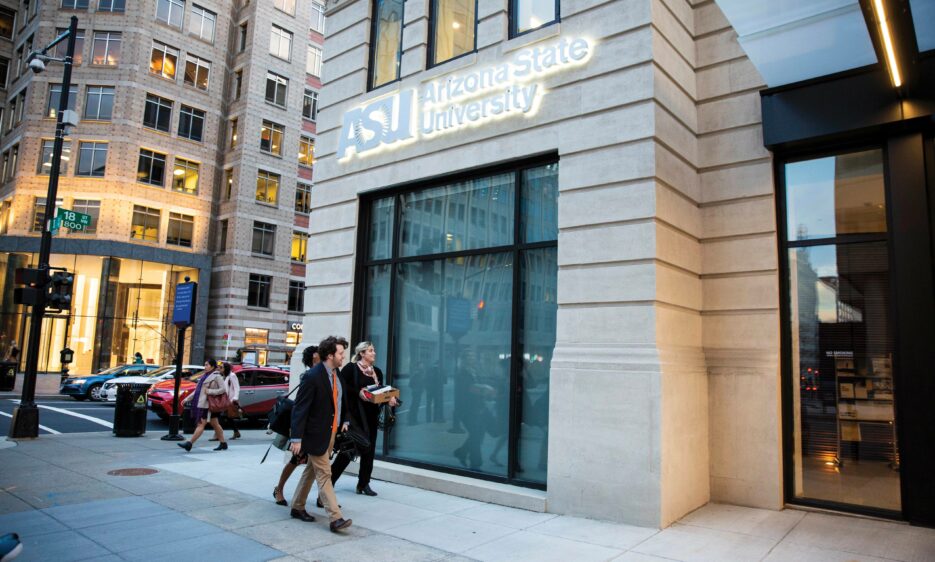
Fall 2023 News & Events
Take a moment to catch up with CSPO, sign up for upcoming policy programs, and reconnect with our research and policy work. 2023 is proving to be a year of growth in personnel, projects, and programs at CSPO and we look forward to seeing you this fall!
-

Highlighting public voices in CDR decision making
The If, the How and the Whether of Carbon Dioxide Removal Technologies
CSPO; the Museum of Science, Boston; the University of Calgary; and other ECAST project partners join forces with diverse experts and everyday citizens to inform decision making on carbon dioxide removal technology.
-

Spring CSPO Events
Join us in Washington, DC or virtually!
Join the Consortium for Science, Policy & Outcomes in March and April for events on the rethinking the Green Revolution, new techniques to guide urban transformations, and electric vehicle infrastructure.
-
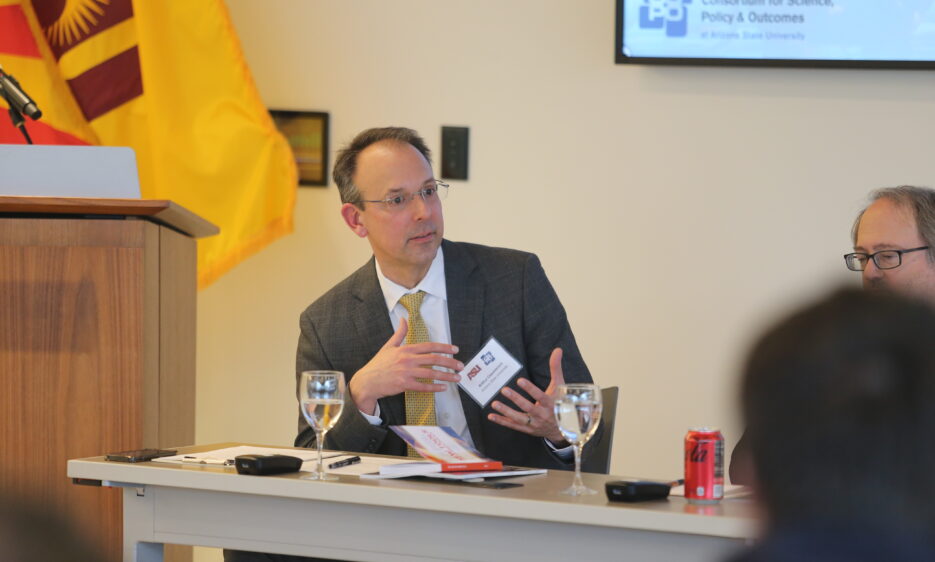
Consortium for Science, Policy & Outcomes welcomes new director Arthur Daemmrich
Daemmrich brings experience from the Smithsonian Institution and Harvard Business School to ASU
Daemmrich will lead the intellectual network in fostering new policies, advancing the consortium’s work in participatory technology assessment and engaging in important discussions about emerging science and technology.
-
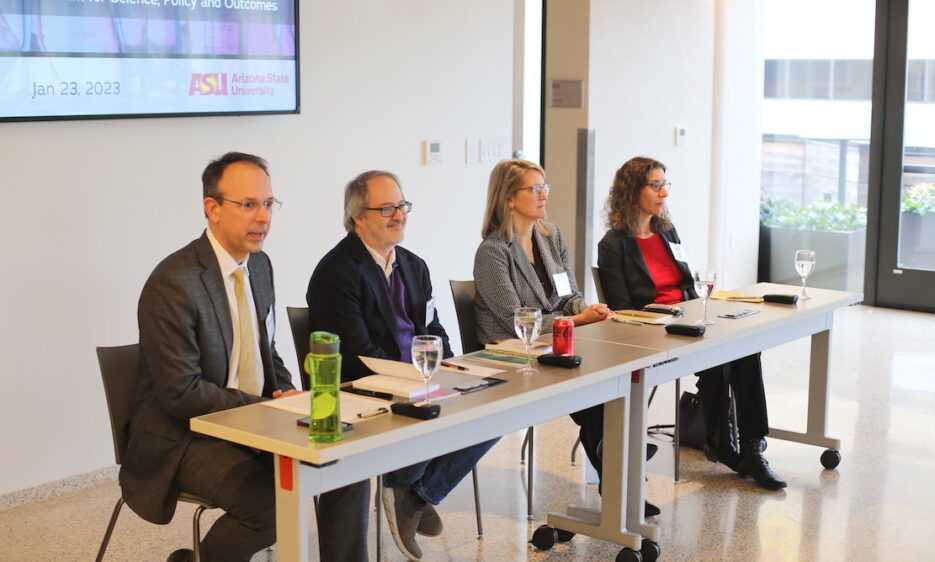
Science on the Offense
Inclusive, scientific policy key for US to compete globally, says a CSPO-convened panel
On January 23, 2023, CSPO convened a panel on technology assessment, anticipatory governance, and the future of the U.S. innovation system. The panel featured David Guston (Arizona State University), Dahlia Sokolov (US House of Representatives Committee on Science, Space, and Technology) and Angela Bednarek (the Pew Charitable Trusts) in a moderated discussion with Arthur Daemmrich (Consortium for Science, Policy, & Outcomes).
-
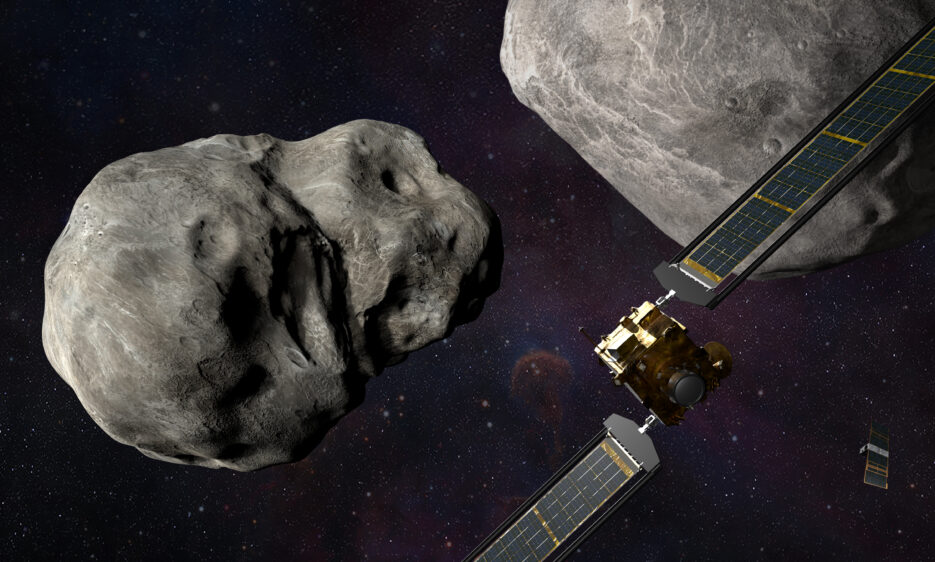
How Would You Defend the Planet From Asteroids?
When NASA collaborated with social scientists to engage the public in two-way conversations about the agency’s Asteroid Initiative, the outcome surprised everyone.
In a pioneering approach to public engagement, NASA and a group of social scientists brought citizens together to weigh in on how the taxpayer-funded agency might approach some technical decisions involving asteroids. How citizens came to engage with strategies for planetary defense—and the unexpected conclusions they reached—was the result of successfully navigating different institutional cultures, extensive preparation, scrambling to meet deadlines, and more than a little serendipity.
-
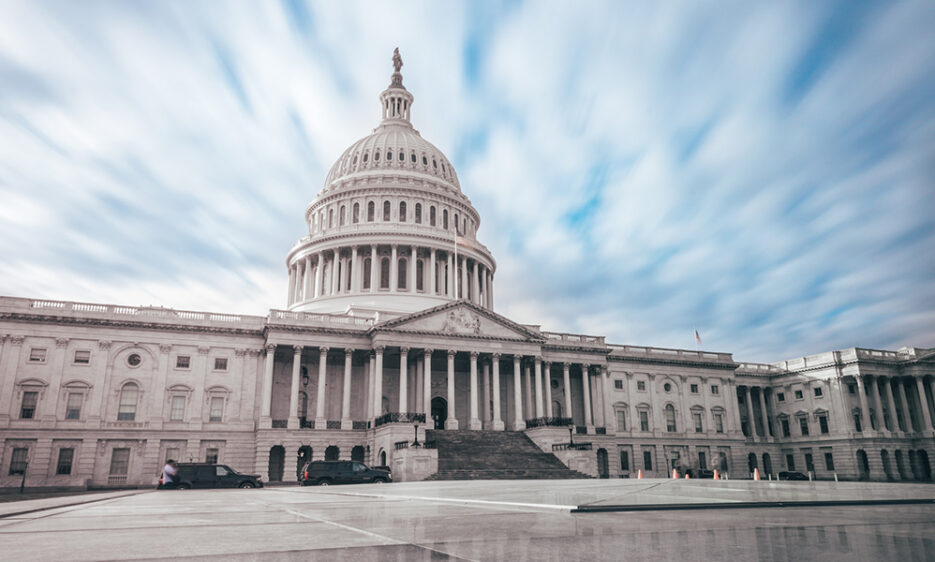
Public Value Evidence for Public Value Outcomes
Integrating Public Values into Federal Policymaking
In a policy memo for the Day One Project, Michelle Govani, Nicholas Weller, and CSPO associate director Mahmud Farooque lay out a plan of action for the federal government to broaden institutional capacity to collect and integrate evidence on public values into policy and decision making.